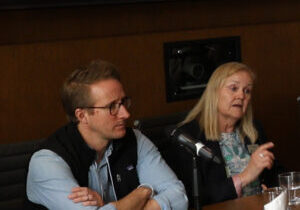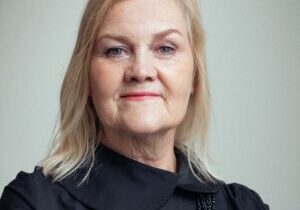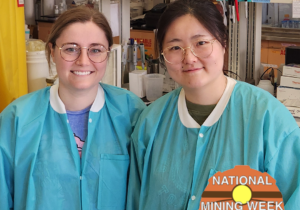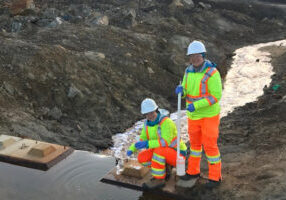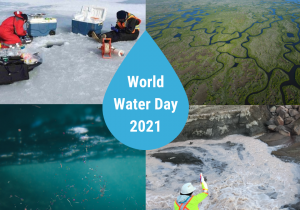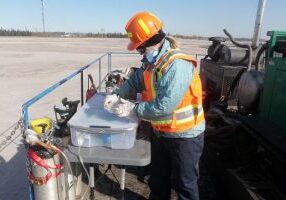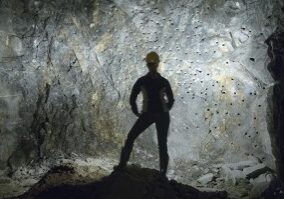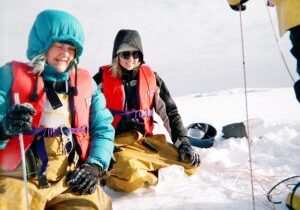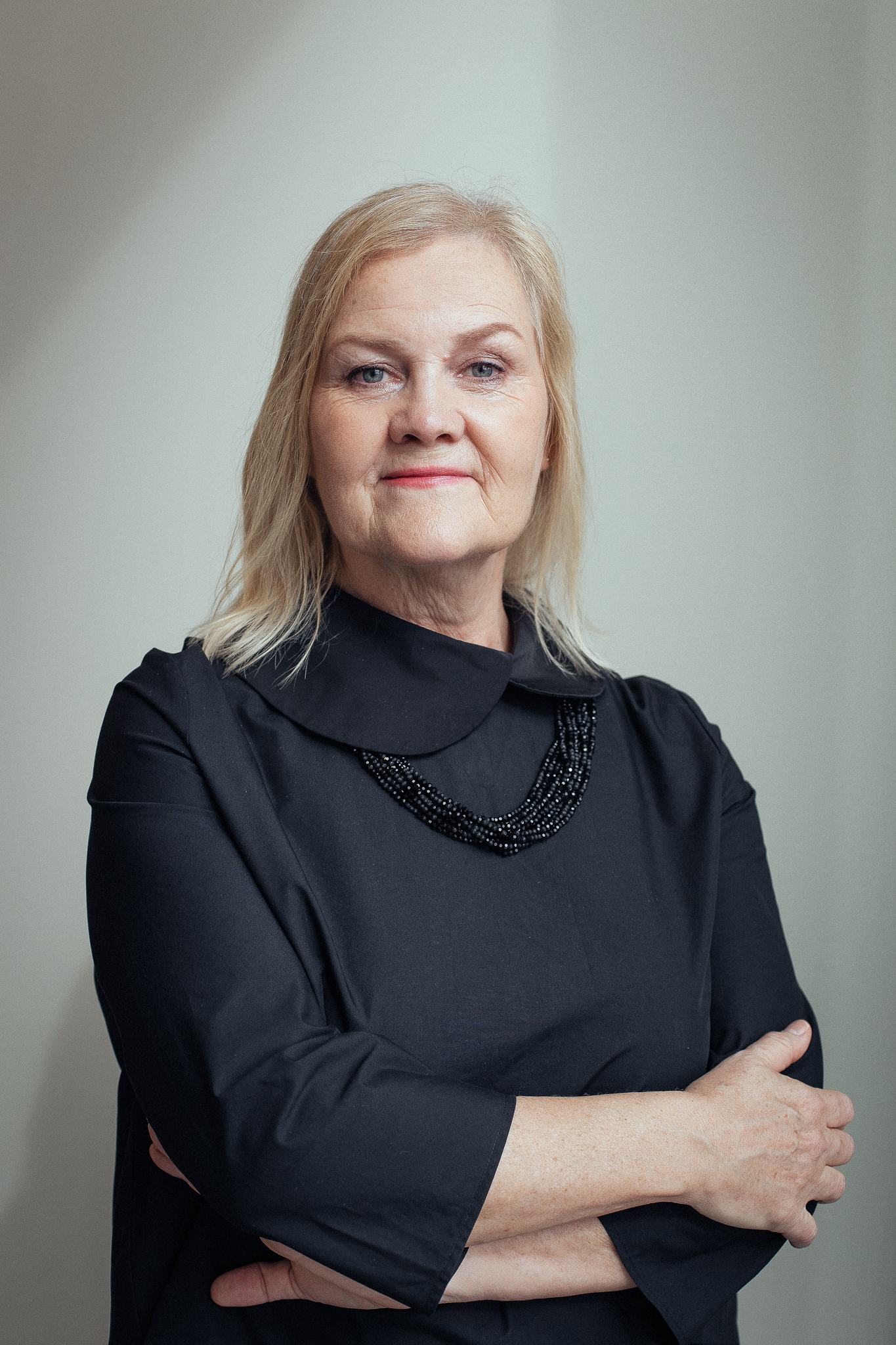
Lesley Warren
Director, Mining Futures Initiative
Claudette Mac-Kay Lassonde Chair in Mineral Engineering
Department of Civil & Mineral Engineering
Email: lesley.warren@utoronto.ca
Office: GB430
Tel: 416-978-5978
Environmental assessment and reclamation of water resources associated with mining practices
Background
Professor Lesley Warren holds the Claudette MacKay-Lassonde Chair in Mineral Engineering, and serves as the director of the Lassonde Institute of Mining. She is an applied scientist who combines geochemistry with molecular and experimental microbiology to identify the processes that affect water quality and reclamation efficacy. Her research intends to offer innovative new solutions for the minerals and energy sectors through integrating emerging molecular biological techniques initially developed for public health, and applying them to mining contexts to explore the roles of uncharacterized bacteria in affecting water quality. The information produced through her research will help to create new biologically informed practical tools to enhance environmental practice in the mining industry.
Team
Join the Team
Positions Available (MASc, PhD and PDF) in Microbial Geochemistry and Molecular Microbiology of Mine Systems
We have MASc, PhD and PDF positions available and are looking for applicants with direct experience in any of field and/or laboratory based microbial geochemistry, experimental microbiology or genomics.
Prospective graduate students should send their CV and transcripts highlighting their relevant experience to lesley.warren@utoronto.ca. | Information on the department and application deadlines.
PDF applicants should send a cover letter, names of two referees, a CV and copies of degree certificates and transcripts, combined into a single pdf-file, and arrange for letters of recommendation from their identified referees to be sent to lesley.warren@utoronto.ca. We will continue to review PDF applications until positions are filled.
In particular, graduate students and post doctoral fellows (PDF) in environmental biogeochemistry and microbiology sought for two research projects investigating microbial roles in mine water quality.
Microbial redox biogeochemistry of the first pilot end pit lake in the Alberta Oil Sands (available now)
Reclamation of oil sands tailings in the Alberta Oil Sands Region (AOSR) is a key industry and Canadian environmental priority. The large volume of oil sands processed by extraction plants in Alberta’s oil sands mines results in the largest tailings facilities in the world, holding a volume of tailings waste exceeding 700 million cubic meters. Syncrude Canada, the industrial partner to this project has commissioned Base Mine Lake (BML), the first end pit lake (EPL) in the AOSR to assess this strategy as a means of tailings disposal. These tailings materials are highly microbially reactive and contain a number of reductants, including methane and other organic compounds, as well as reduced iron, sulfur and nitrogen constituents. Based on evidence from existing tailings ponds, there is concern that microbial biogeochemical cycling of oxygen consuming compounds (OCC) contributed from the tailings layer may impair BML oxic zone development. However, as this is the first commercial-scale EPL in the oil sands, the developmental trajectory and outcome are uncertain. The proposed three-year, field-based research program will directly address this important knowledge gap by characterizing in situ BML water cap oxygen concentrations, oxygen consumption rates and geochemical and microbiological characteristics associated with oxygen consumption, over spatial, seasonal and annual time scales. The results will establish BML aerobic and anaerobic microbial redox biogeochemistry; characterize the microbial communities involved through genome-resolved metagenomics; and identify the important biogeochemical processes and OCC affecting BML oxic zone development.
Microbial sulfur biogeochemistry of metal mining wastewaters (starting January 2017)
Sulfur-contaminated wastewater is the largest mining-related environmental liability globally, with a legacy cost of trillions of dollars. Bacteria drive the key sulfur compound transformations responsible for water contamination. They are also the largest unknown factor, and therefore offer the greatest potential to contribute to effective wastewater management for the mining industry. Minimal research to date has described bacteria occurring within such mine wastewaters or evaluated how they affect sulfur geochemistry in mine wastewater impoundments. Consequently, these impoundments are viewed as a “black box” from which mining impacts emerge. Functional metagenomics integrated with sulfur geochemical approaches applied to impoundment systems and field-scale experimental manipulations, will be used to directly address critical knowledge gaps related to in situprocesses. It will be conducted in the wastewater impoundment and purpose-built test ponds to be constructed for this research by our industry partner, Glencore INO at their Cu/Ni mine in Northern Ontario. In addition, the tailings ponds at the HudBay Minerals 777 mine in Northern Manitoba, and Rambler Metals and Mining Baie Verte mine in Newfoundland, will also be investigated.
